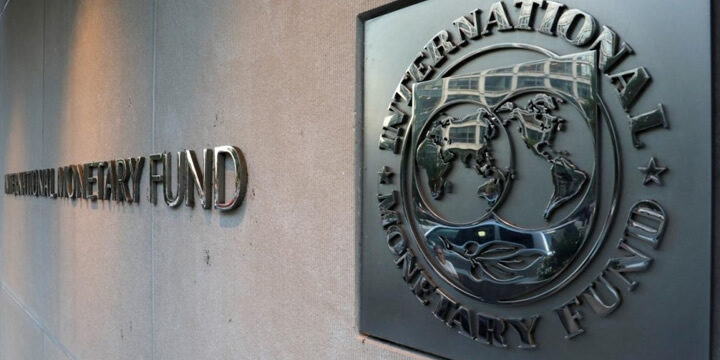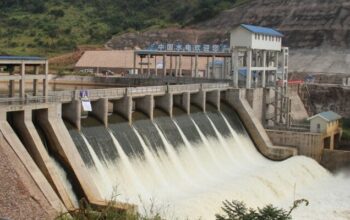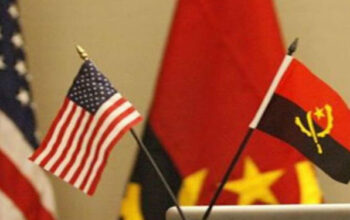The International Monetary Fund (IMF) has reiterated its call for the Nigerian government to eliminate subsidies for fuel and electricity, contingent upon the enhancement of the social protection scheme.
In its recent report titled “Nigeria: 2024 Article IV Consultation,” the IMF highlighted that these subsidies are projected to consume 3% of Nigeria’s Gross Domestic Product (GDP) in 2024, up from 1% in the previous year.
The IMF praised the Nigerian Federal Government for several measures, including the gradual removal of “costly and regressive energy subsidies.”
However, it pointed out that adequate compensatory measures for the poor were not promptly scaled up and were subsequently paused due to corruption concerns.
The IMF noted that around 15 million households, or 60 million Nigerians, could benefit from an enhanced social intervention scheme developed with World Bank support.
In its recommendations, the IMF stated, “Once the safety net has been scaled up and inflation subsides, the government should tackle implicit fuel and electricity subsidies.”
“With pump prices and tariffs below cost-recovery, implicit subsidy costs could increase to 3% of GDP in 2024 from 1% in 2023.
These subsidies are costly and poorly targeted, with higher income groups benefiting more than the vulnerable,” the IMF explained.
The IMF projected that the implicit fuel subsidy could reach N8.4 trillion in 2024, compared to N1.85 trillion in 2023, N4.4 trillion in 2022, N1.86 trillion in 2021, and N89 billion in 2020.
The report also acknowledged that electricity prices had tripled for high-use premium consumers on Band A feeders, which account for 15% of the 12 million customers who collectively use 40% of electricity.
While this increase has triggered negative reactions from Nigerians, the IMF suggested, “Tariff adjustment will help reduce expenditure on subsidies by 0.1% of GDP, while continuing to provide relief to the poor, particularly in rural areas.”
The IMF projected that the electricity subsidy for customers under Bands B, C, D, and E is expected to reach N540 billion by the end of 2024.
![]()




